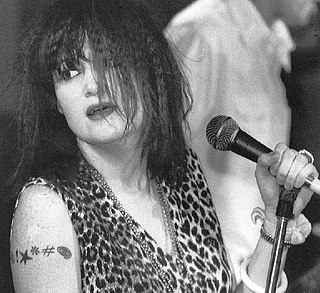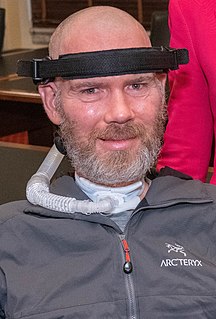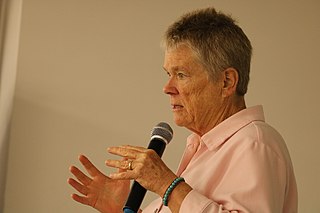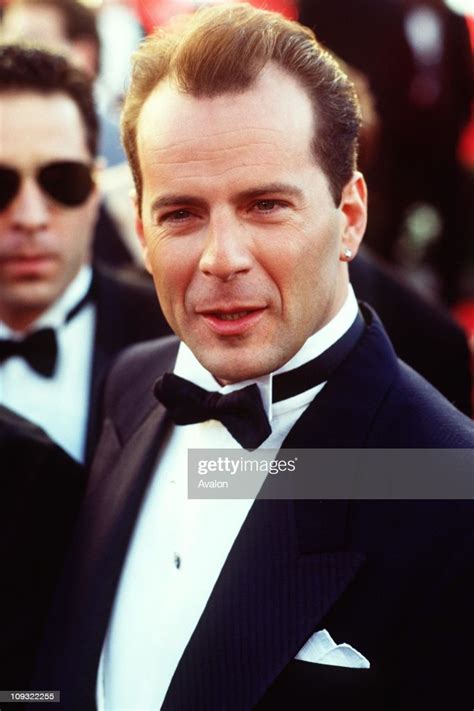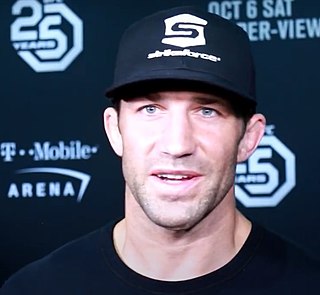A Quote by Marianne Williamson
People who attend support groups who have been diagnosed with a life-challenging illness live on average twice as long after diagnosis as people who don't.
Related Quotes
This is the question I'm asking: Do Americans live twice as long because they consume twice as much energy as Europeans? Are you people twice as smart as the average Frenchman? Do you enjoy life twice as much as the average Danish guy? What have we gotten for consuming twice as much energy as Europe? What have we gotten in return?
We are all healers of each other. Look at David Spiegel's fascinating study of putting people together in a support group and seeking that some people in it live twice as long as other people who are not in a support group. I asked David what went on in those groups and he said that people just cared about each other. Nothing big, no deep psychological stuff-people just cared about each other. The reality is that healing happens between people.
When people get cancer now, the first thing you do is you go to some doctors to get some advice, figure out what to do. People live a long long life after a cancer diagnosis. Not that it's not scary. The people I know have done so many stupid things. And they're still alive. Just being alive at this point is kind of icing on the cake.
I have been diagnosed with Amyotrophic Lateral Sclerosis (ALS). It's a terminal disease with an average lifespan of two to five years post-diagnosis, and scientists don't know what causes it. ALS prevents your brain from talking to your muscles. As a result, muscles die. As a result, every 90 minutes people die. I am a person.
Everywhere I go, I meet people ready for change. People who are fed up with the exhaustion that comes from devoting one's life to the work-watch-spend treadmill. People who know in their hearts that it's wrong to treat the planet and whole groups of people as disposable. People who are challenging the bogus stories we've been fed for years and are writing their own about hope and love and working together to build a better future for everyone.
People who have life-challenging experiences who choose to remain invested in a consistent catastrophic interpretation are not the ones I meet. I have met many more people who have recognized how vital it is to their healing and to the quality of their life to interpret their experiences differently. That is why some of the people I've met who have life-challenging illnesses are much happier than some people I've known who are physically quite healthy and yet who live lives of greater desperation and depression.
I don't believe in "average people" doing anything [about the climate]. People outght to support mitigation and adaptation within their own line of work, no matter how un-average that is. I mean: if you're a butcher, baker, ballerina, banker, or a plumber, envision yourself as the post-fossil-fuel version of yourself, and get right after it
People with what we call mental illness can indeed serve well, and people who have no discernible mental illness - and that may be true of Trump - may not be able to serve, may be quite unfit. So it isn't always the question of a psychiatric diagnosis. It's really a question of what psychological and other traits render one unfit or dangerous.




